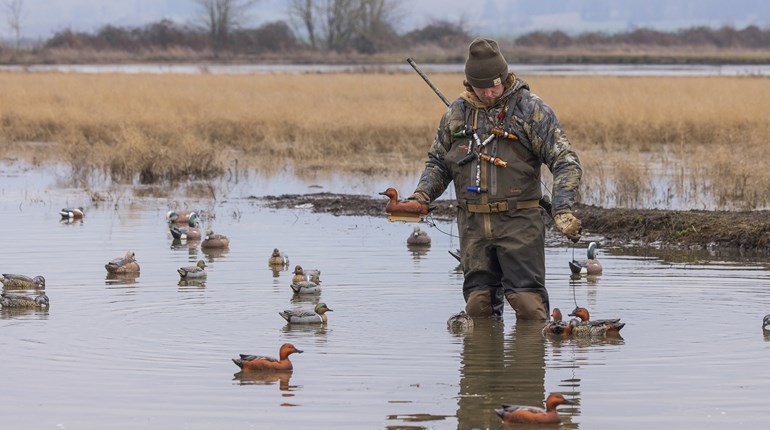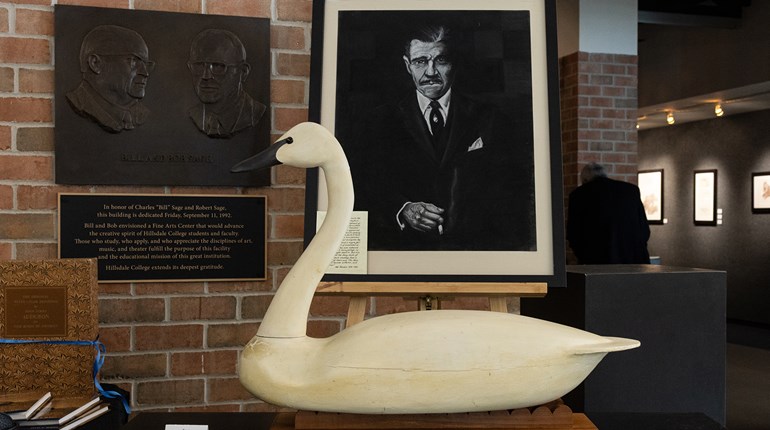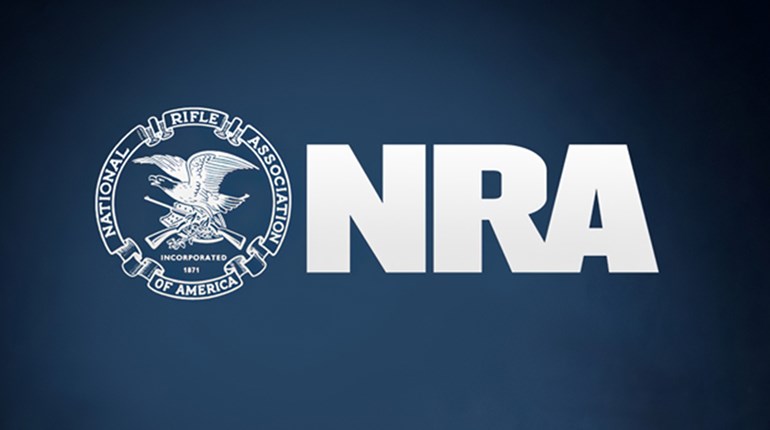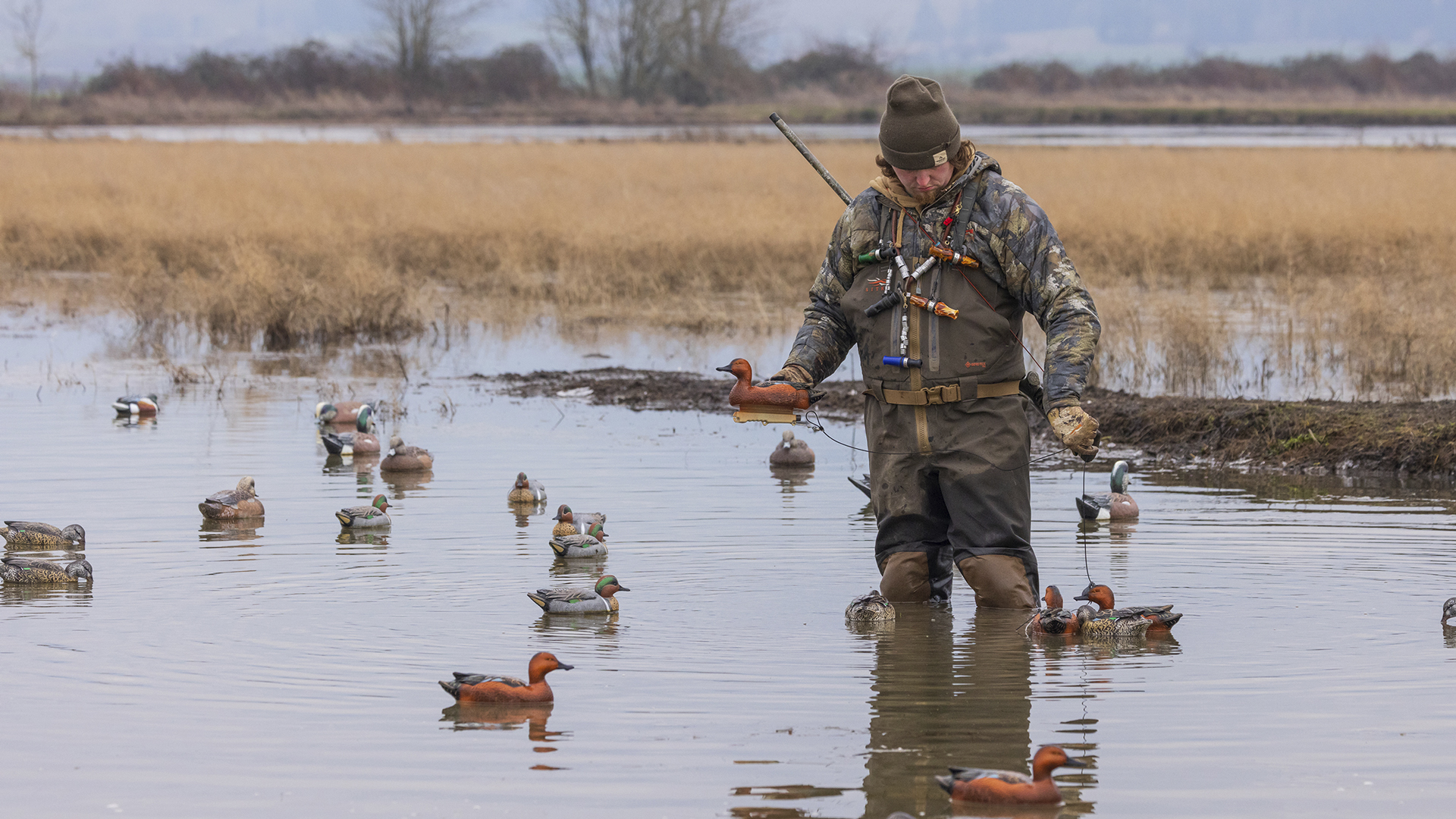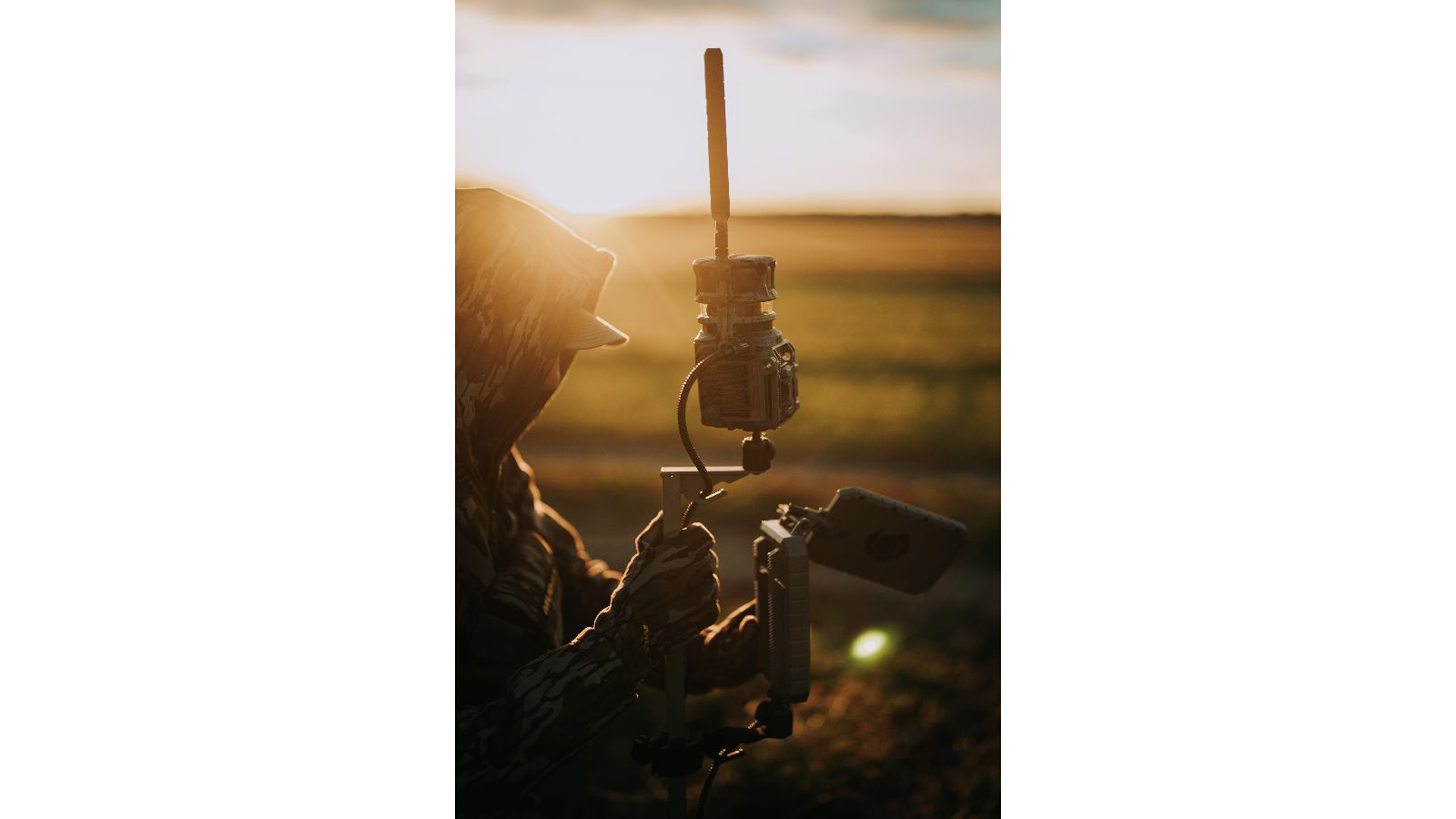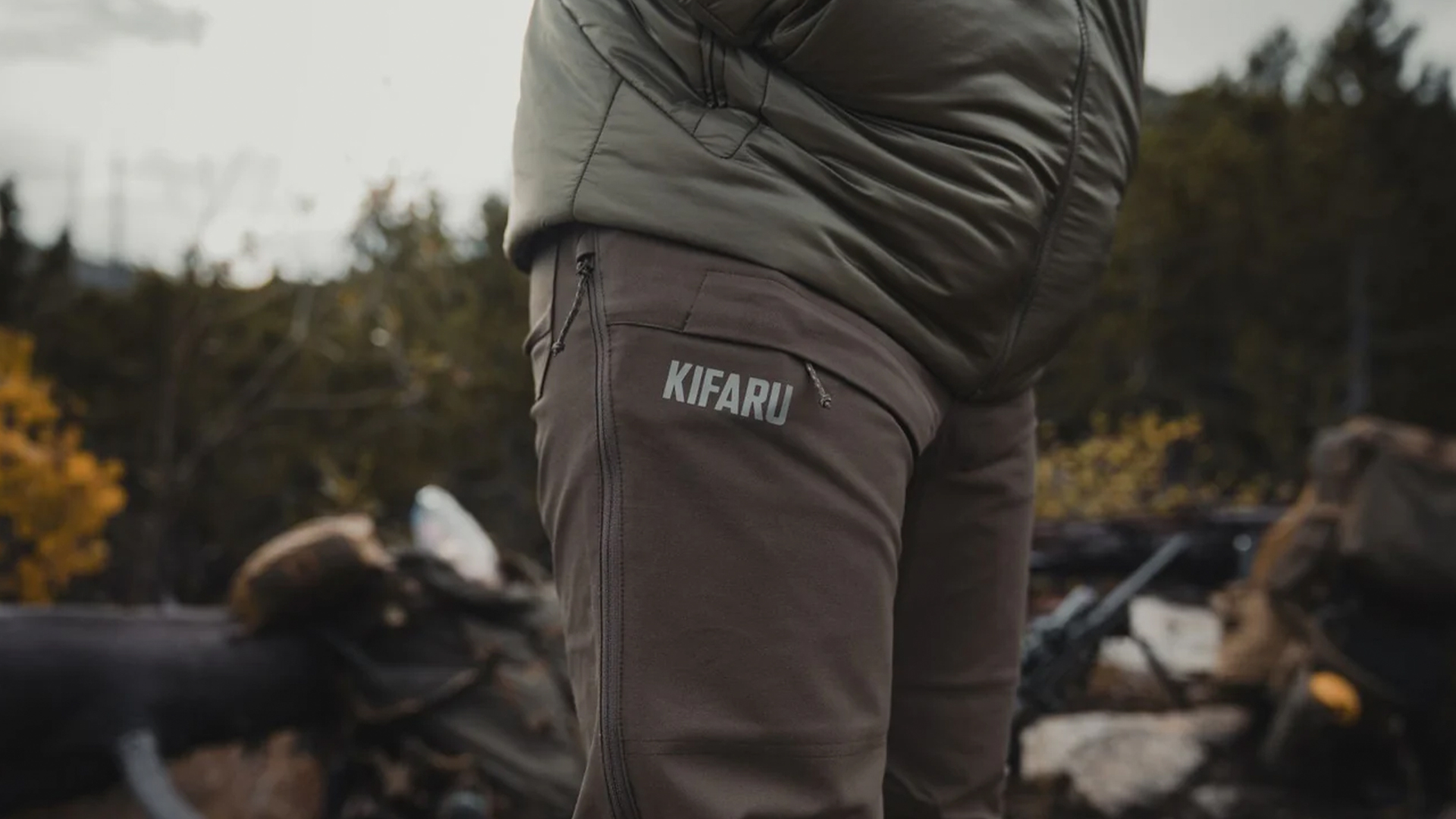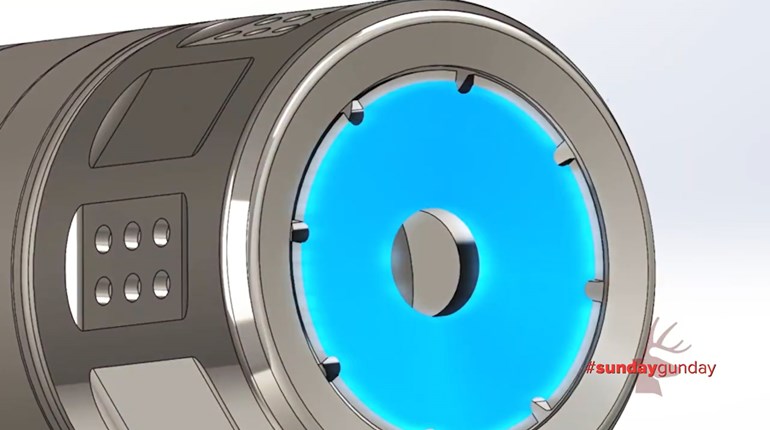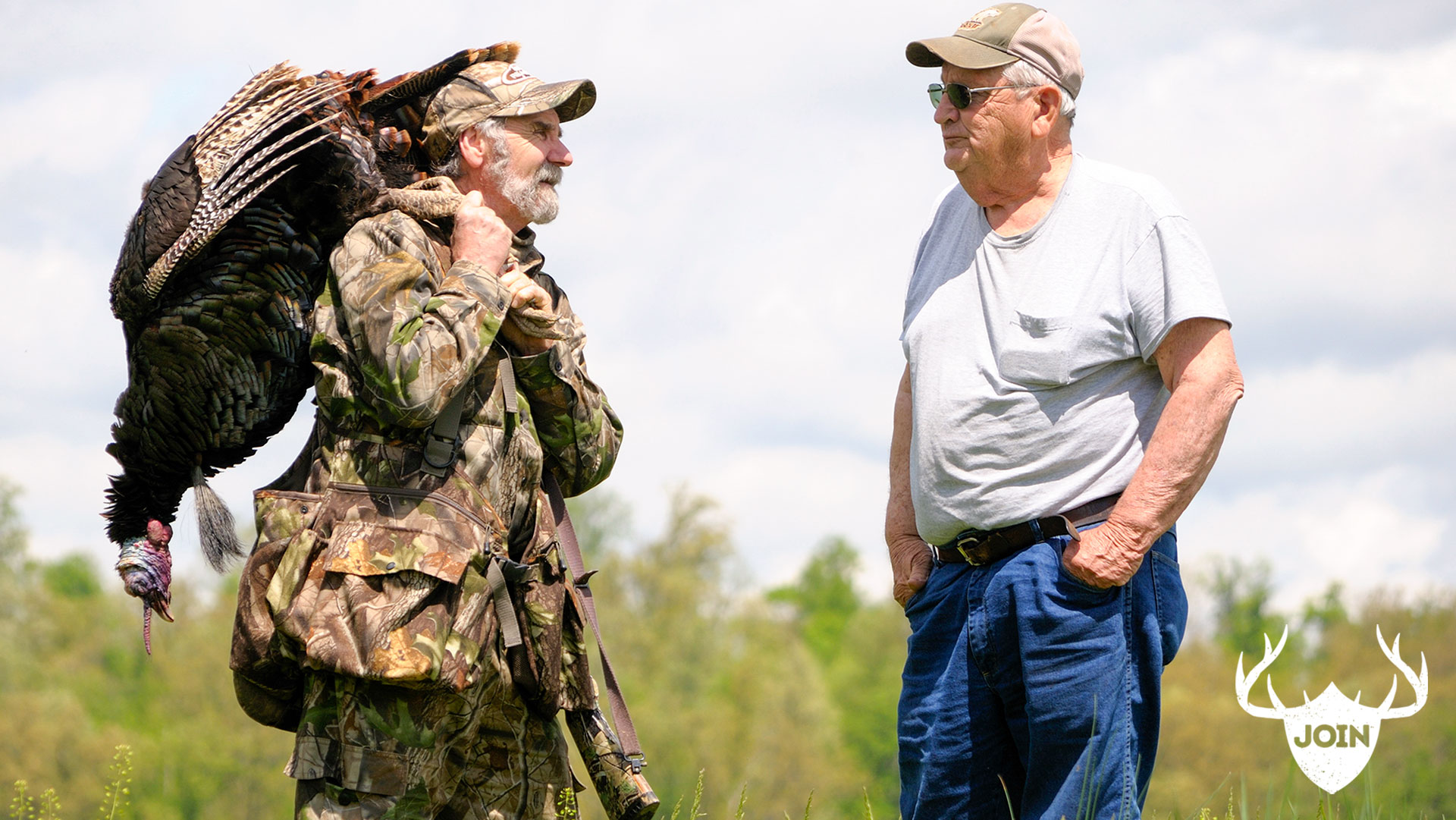
We’ve all been there. That moment where you get thrust into a conversation about hunting with a complete and utter ignoramus who wears every emotion like a medal on their sleeve. They get wild eyes, their intensity heightens, their speech becomes shrill and you’re debating (internally) whether an attitude adjustment is warranted. But then you weigh the consequences of giving in to your impulses, the thought of becoming the roommate of some unsavory character while incarcerated tempers your response. Even though terms like “murder” and “genocide” are being thrown your way, you take a deep breath and summon every ounce of self-control you possess. You know the type, and you’re not going to let them drag you into the mud, or maybe not as you don’t mind getting muddy every now and again. There are people in our lives who get what we do, and there are those who are indifferent. Some are even enthused and want all the gory post-hunt details. And then there are those who would publicly shame us if given the opportunity. They can’t wrap their heads around hunting in any way, shape or form. They seem to take offense to even sharing the same air.
Something happened to me when I crested the half-century mark six years ago. I found it difficult to give a damn about what others, especially the uninformed, think. I just don’t care. Much to the consternation of my wife in certain social settings, I am fully capable of showing that I could not care less what others think. I officially blossomed into a curmudgeon.
Hunters have long known the impact of the Disney narrative on public opinion with regards to hunting: hunter (man) = bad; animal = good. They have successfully assigned human emotions to animals in the mind’s eye of the public. That most folks actually know very little about animals, their behavior and their habitats is of no consequence to these well-meaning, albeit misguided individuals. They just know they are right and you are wrong.
However, we have the nuclear trump card: facts. The facts are on our side, the side of the hunter/conservationist. What facts? Allow me to summarize the financial windfall hunting brings to conservation:
• Hunters pay an average of $796 million for conservation programs through state hunting licenses and fees. In fact, in 2013 (the most recent year from which complete data are available), hunters spent approximately $821 million on licenses and permits and $813 million in excise taxes for a total of $1.65 billion to wildlife conservation. Put that in your pipe and smoke it.
• Hunters pay for wildlife law-enforcement, habitat management and research to help countless game and non-game species.
• The taxes on firearms, bows and arrows, and ammunition generate $371 million a year for conservation.
• Hunting helps balance wildlife populations with what the actual land can support, limiting crop damage and disease outbreaks.
But what about all of the animals hunters “murder” every year? Here are some fun facts about how hunting has bolstered animal populations. Thanks to conservation:
• There are more than 32 million whitetail deer in North America, up from only 500,000 in 1900.
• There are more than 7 million wild turkeys today, compared to 100,000 in 1900.
• There are more than 1 million elk in North America, compared to only about 41,000 in 1907.
• There are at least 1.1 million pronghorns today vs. 12,000 in 1950.
This, despite “man encroaching” on the animals’ territory. Stick that in your taco and eat it. There is no “alternate truth” they are entitled to.
Then there is the unfortunate consequence of predators like bears and mountain lions that don’t fear man (or woman). When these animals are no longer hunted, they have no fear of man and as such clashes occur more regularly. The antis are always quick to point out that, again, man is encroaching on the animals’ territory and probably deserved it. This is of course until they have a bear/cougar/boogeyman encounter of their own and then all bets are off.
There are two things you need to successfully navigate the anti-hunter waters:
1. Know your facts by studying the issues. A great source of material is the NRA Hunters’ Leadership Forum website. There you’ll find a great piece called “20 Reasons Why Hunting is Conservation” that provided me with a number of facts and figures that are undeniable.
2. Keep your cool. You, too, may suffer from curmudgeon-itis like me, but don’t let that stand in your way when the opportunity arises to educate someone and, possibly, slowly help change public opinion. Patience and a calm tone may allow you to open a dialogue where real ideas are expressed.
So what do you do when confronted with explaining the virtues of hunting to an anti? Let’s recap. Recall the old adage about catching more flies with honey. After I deconstructed my last such encounter with ignorance, I realized I was spewing vinegar and not honey and as such was losing the battle because the more I fired back, the more the window of opportunity to flip this person was inching closed. Entirely my fault (see above explanation concerning my age). Kindness, courtesy and calm are your best tactics when attempting to educate the typical anti-hunter. I know it isn’t easy. I am terminally prepared to counter-punch—again, much to the chagrin of my wife. But you can do it. If you are a parent, fall back on the methods you used when talking to your kids. Don’t forget to educate yourself. We know we are right, but being armed with quantifiable facts gives you the one thing the anti-hunters lack and that is reality. Their argument is based on conjecture and emotion (sound like toddler behavior?). In order to break down those barriers, we need to patiently explain why hunting actually benefits the animals to which they are so emotionally attached. There is nothing pretty, humane or humorous about Bambi starving to death because the environment isn’t capable of sustaining deer populations that are too dense. This is one instance where you can try to tug at their overdeveloped emotional propensities. Hunting actually depends on it. We all have to be warrior conservationists if we are to have a meaningful impact on our environment and the way of life we so thoroughly enjoy.












